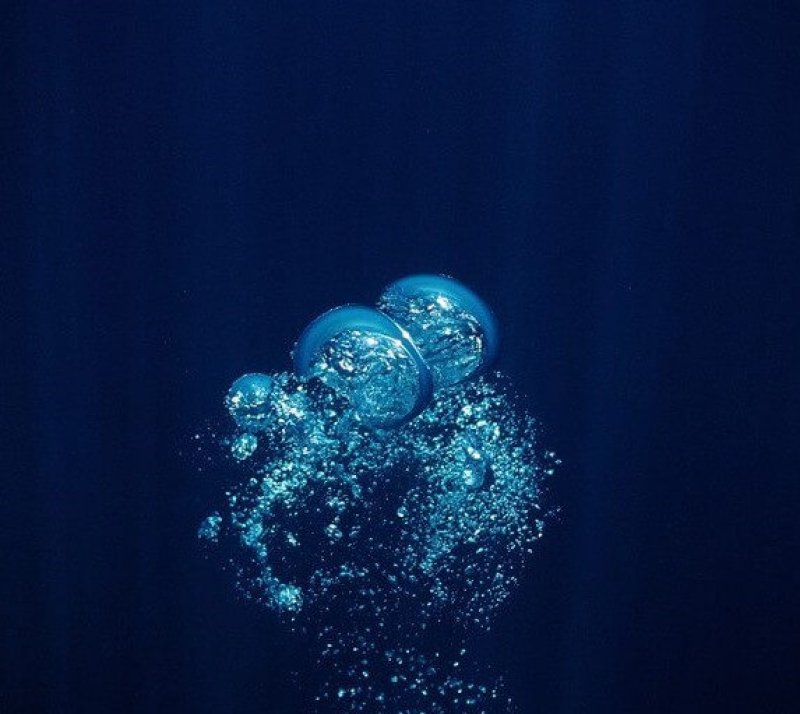Earth is thought to have begun to develop its modern, oxygen-rich atmosphere as recently as 800 million years ago. This is roughly when biologically complex, oxygen-breathing animals first appear in the fossil record, leading many to suggest that animal life was made possible by the rise in atmospheric oxygen.
Before 800 million years ago, there may have been little gaseous oxygen around…The Lomagundi Event – between 2.3 and 2.1 billion years ago – is an exception to this early oxygen-poor world. Chemical analysis of “Lomagundi” rocks hints that the amount of organic carbon buried in the deep ocean suddenly spiked.
…
There is no consensus on why our planet briefly gained and then lost an oxygen-rich atmosphere.
…
“The take-home message is that the oxygen level was high enough to support eukaryotic life and, by some arguments, maybe even animal life,” says Timothy Lyons at the University of California Riverside….
This confirms that the Lomagundi Event was what Lyons calls an “oxygen oasis in time”. It has implications for our understanding of how, or if, animal evolution was influenced by available oxygen.
The GLP aggregated and excerpted this blog/article to reflect the diversity of news, opinion, and analysis. Read full, original post: Complex life may have had a false start 2.3 billion years ago































